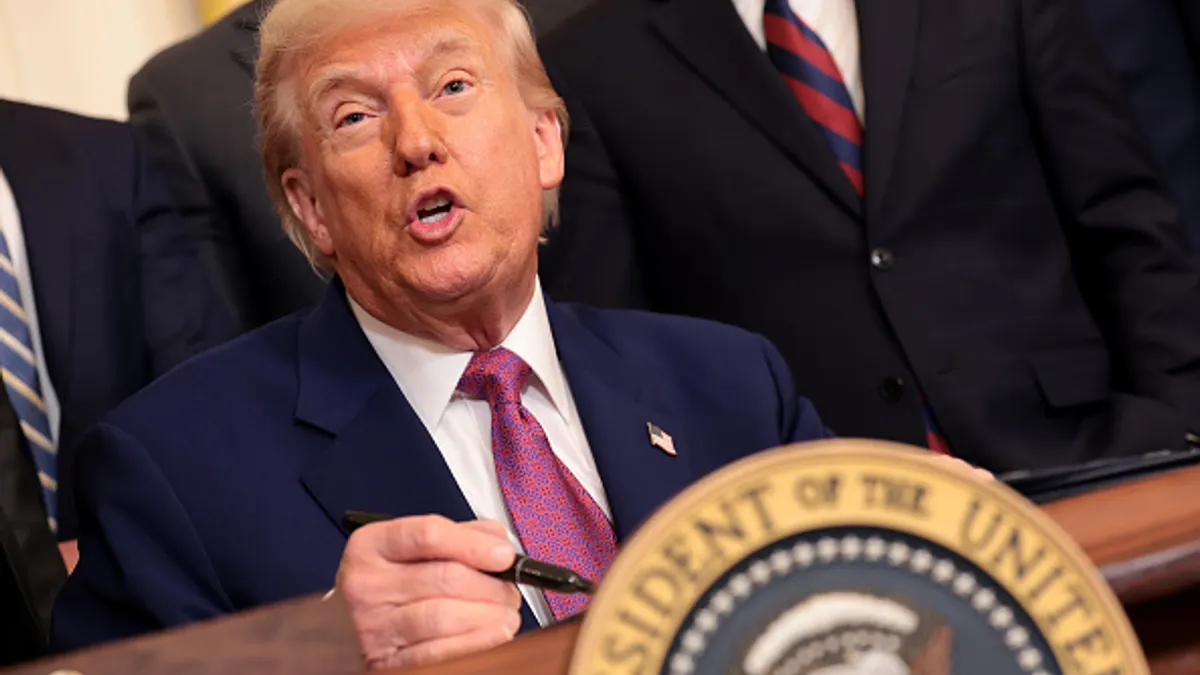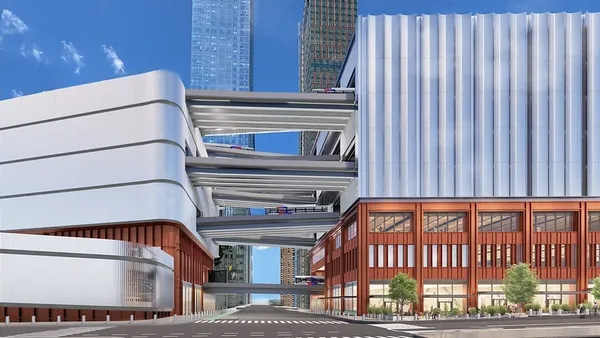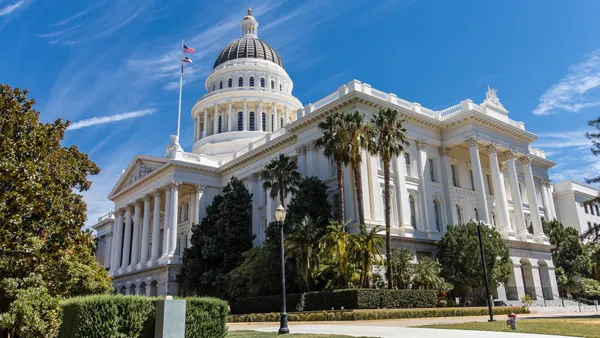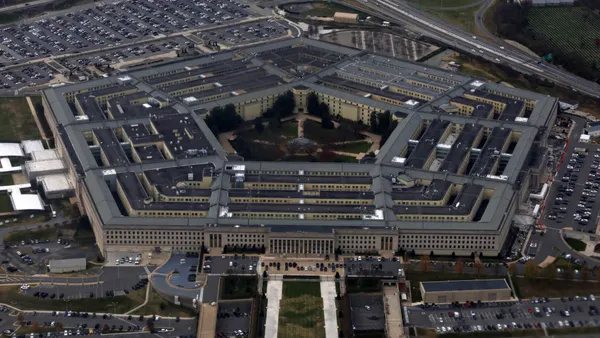Dive Brief:
- Senators and House Democrats have introduced separate infrastructure bills amid a lack of action from President Donald Trump regarding his $1 trillion infrastructure plan, according to The Hill.
- The bipartisan Senate bill, dubbed the Bridge Act, calls for the creation of an infrastructure bank with a $10 billion federal contribution, which lawmakers estimate will lead to $300 billion of investment. House Democrats proposed $85 billion of direct federal spending as part of the Leading Infrastructure For Tomorrow’s America (LIFT) Act.
- Senate Democrats introduced their own $1 trillion infrastructure plan in January, a direct-spending proposal that would see improvements to a wide variety of public assets over 10 years, but Republican leaders have said they will not support a stimulus bill of that size.
Dive Insight:
House Democrats' five-year bill includes energy, environment, technology and healthcare investment, including $40 billion for broadband Internet, $22.5 billion for drinking water infrastructure and $17 billion for energy efficiency projects.
The Senate bill, however, comes closest to the Trump administration's proposal, which includes private investment. Republicans have been critical of infrastructure banks in the past and panned the idea when Hillary Clinton suggested it during the 2016 presidential campaign. However, soon after the election, Trump advisers said the president was considering an infrastructure bank as a funding option.
This most recent measure from the Senate provides initial funding for an infrastructure bank, but lawmakers said it would eventually be able to function without government help. The bank would provide loans and financial incentives for highway, port, bridge and other infrastructure initiatives by taking advantage of private investment.
So far, there have been no official infrastructure proposals from the Trump administration, although staffers reportedly solicited input from the country's governors regarding a $137 billion list of 50 high-priority projects that they consider impactful to safety and national security.
The administration has also suggested cuts to programs like Transportation Investment Generating Economic Recovery (TIGER) grants and capital investment through the Federal Transit Administration as part of Trump's proposed 2018 budget. In addition, the president's tax reform bill left infrastructure out and did not designate any proposed repatriated corporate earnings to be spent on transportation or other public projects.













